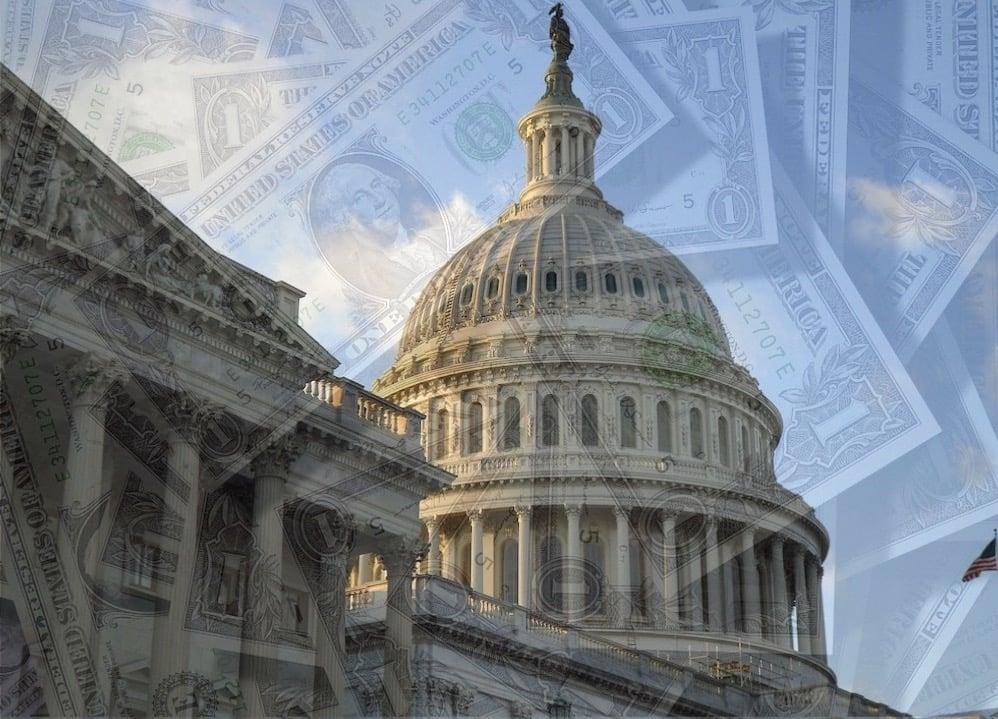News
August Default Threatens as Treasury Department Sounds Alarm on Debt Limit Action

The Treasury Department issued a critical announcement on Friday, urging Congress to address the debt ceiling before August. The warning sets a firm deadline for Republicans who are currently working on a significant proposal to elevate the nation’s borrowing limit by up to $5 trillion.
Treasury Secretary Scott Bessent expressed concerns in a letter to congressional leaders, stating, “There is a reasonable probability that the federal government’s cash and extraordinary measures will be exhausted in August, while Congress is scheduled to be in recess.” He urged Congress to increase or suspend the debt limit by mid-July to preserve the United States’ creditworthiness.
This projection marks the first public commentary from the Trump administration on the imminent threat of a government default since the last suspension expired in January. Since then, the Treasury has employed accounting tactics, known as extraordinary measures, to ensure timely bill payments.
The announcement aligns with a previous report from the Congressional Budget Office that indicated a potential default could occur in August or September unless Congress acts promptly.
Republicans are aiming to raise the debt ceiling without negotiating a bipartisan deal, a process typically used in recent decades. GOP leaders propose an increase of between $4 trillion and $5 trillion through an 11-bill reconciliation package designed to address tax law, reform higher education aid, and cut federal spending.
Speaker Mike Johnson, R-La., anticipates a vote on this legislation by the end of May. However, Senate leaders have yet to establish a timeline for their consideration. Senate GOP members are expected to suggest amendments, necessitating a final House approval before the bill can be sent to President Trump.
Bessent cautioned lawmakers about the potential repercussions of delaying action. “Prior episodes have shown that waiting until the last minute can have severe adverse effects on financial markets, businesses, and consumer confidence,” he noted. He further warned that a failure to act could destabilize the financial system and undermine America’s global standing.
Should a default occur, it would restrict the federal government to expending only its available cash, leading to delayed or reduced payments on numerous programs, including Social Security, Medicare, and troop payroll, among others. The ripple effects could trigger a global economic downturn, with a recession being one of the less severe outcomes.
It is essential to recognize that a default is not simply a result of a government shutdown; the consequences for federal spending and the economy would be significantly more severe.


















